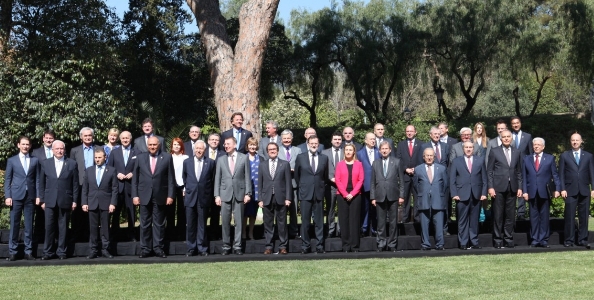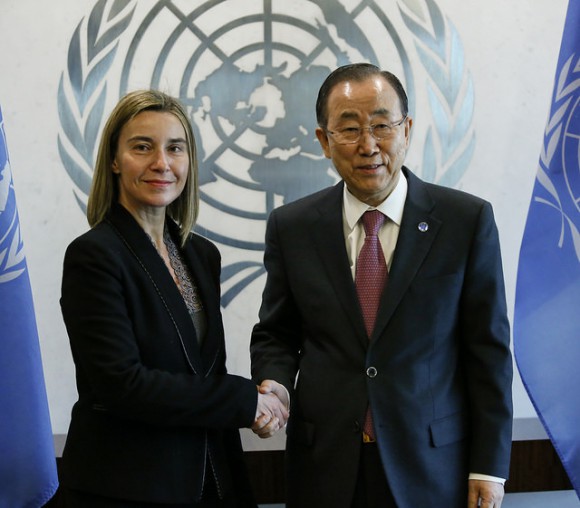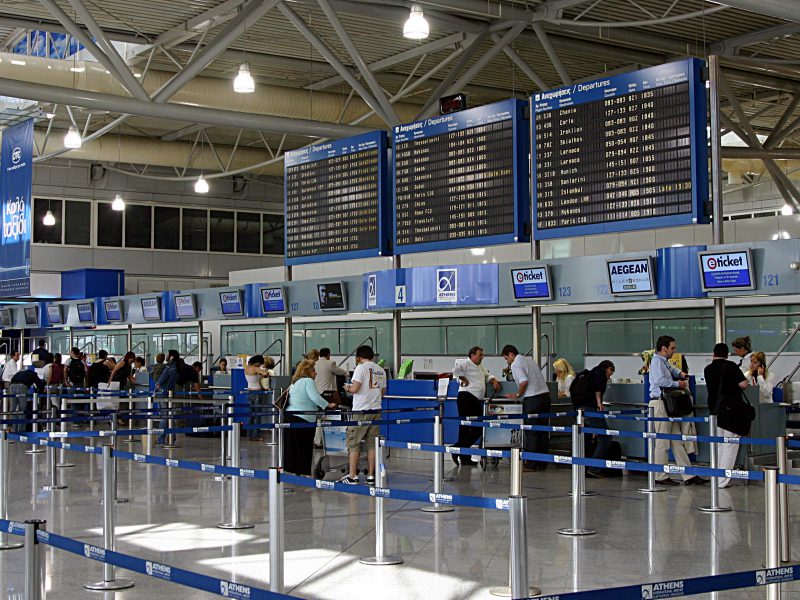Euro-Ramadan: False Unities, True Diversities?
This Thursday (June 18, 2015) marks the first day of the month of Ramadan – the ninth and the holiest month of the Islamic calendar, which is very significant also for the European Muslims. Thousands are expected for the Ramadan opening prayers at the Islamic and Cultural Centre of Belgium (CICB). The building is located in the Cinquantenaire Park in Brussels and is sometimes called the ‘Great Mosque of Brussels.’ Curiously, it’s a gift from the Belgian King.






